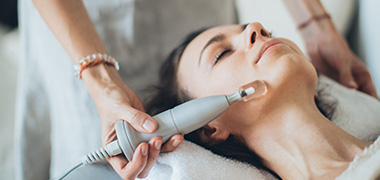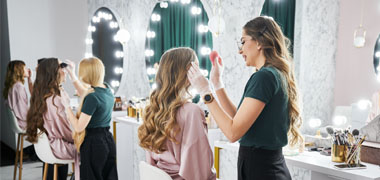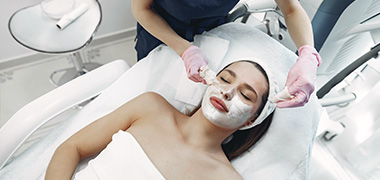
AI Occupational Exposure score unavailable For more insight, research the specific tasks and skills required for the role.
Explore all careersMakeup Artists enhance beauty using cosmetics for various events, create special effects for film and theatre, and design prosthetic masks.
Get qualified to work as a Makeup Artist with a course recognised across Australia. Speak to a training provider to learn more.
Browse occupations related to Makeup Artist
You can get started in makeup artistry with a Certificate III in Make-Up or Beauty Therapy, these qualifications usually takes about 6 months to complete. At the same time you should be practicing as much as possible, and a job in the cosmetics section of a chemist or department store would be a perfect entry point. If you have your heart set on an international career in film and television you’ll need a Diploma or Degree which can take 2-4 years.
 Courses.com.au Team
Courses.com.au Team
In Australia, a full time Makeup Artist generally earns $1,350 per week ($70,200 annual salary) before tax. This is a median figure for full-time employees and should be considered a guide only. As you gain more experience can you expect a higher salary than people who are new to the industry.
 Courses.com.au Team
Courses.com.au Team
Opportunities for Makeup Artists in Australia have grown strongly over the last 5 years and as of 2016 there were approximately 2,600* make up artists employed around the country. Make up artists work in beauty salons, spas and wellness centres, department stores, photographic studios, television networks, film and production companies, fashion houses, live clubs and theatres.
Source: Australian Government Labour Market Insights
 Courses.com.au Team
Courses.com.au Team



Makeup Artists use make up and cosmetics to enhance beauty, cover blemishes and disfigurements, or even create prosthetic masks and special effects. In the beauty industry your career as a Makeup Artist will be focused on designing make up for weddings, special events, parties, glamour photography, and makeovers. Makeup Artists also work in the creative arts industries.
If you’re interested in working in film, television and theatre you could be preparing actors, performers, and models for their roles — applying cosmetics to enhance their appearance under a range of stage lighting, or creating special effects (eg, fake bruising, vampire teeth, and weird noses). Even more exciting, you might be moulding prosthetic masks and other body parts to create stunning visual effects.